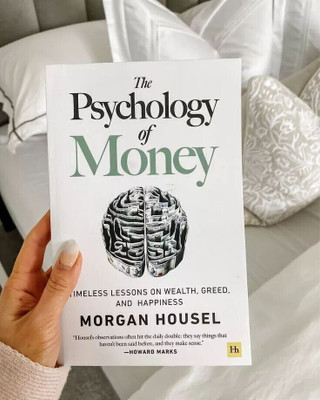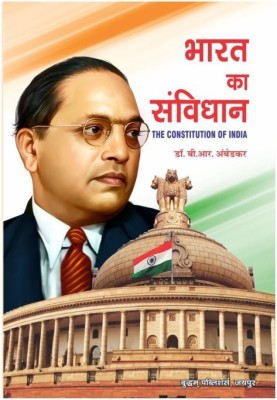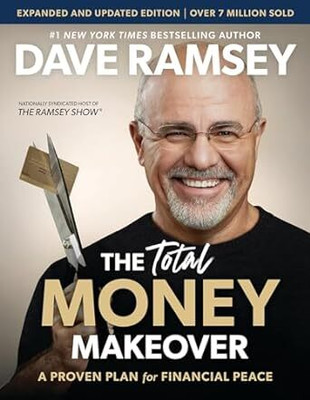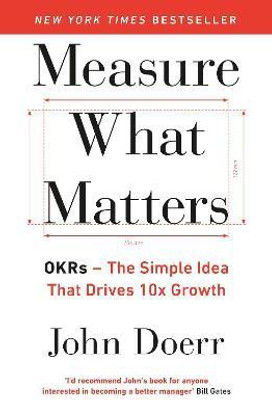
The Evolution Of Physics: From Early Concepts to Relativity and Quanta (Hardcover, Einstein Albert, Leopold Infeld, Walter Isaacson)
Price: Not Available
Currently Unavailable
Highlights
- Binding: Hardcover
- Publisher: Simon and Schuster Publisher
- Genre: Science, Physics, Nonfiction, History, History Of Science, Popular Science, Philosophy
- ISBN: 9781416559450, 1416559450
- Edition: 2008
- Pages: 310
Description
The layman does not often have the opportunity of reading a simple exposition of advanced scientific thought written by a man who did the actual creative thinking. In this book, which is the result of a happy collaboration between the author of the Theory of Relativity and one of his own co-workers in research, the story they have to tell of this evolutionary development is one of the most fascinating that the human mind can meet with - the story of mankind's attempt to comprehend through inventive thought its own relationship to the external world. In simple, straightforward language, avoiding all the technical terms and mathematical formulae, the authors have traced with beautiful clarity the steps from the mechanical view of the universe invented by the classical physicists to the more satisfactory explanations evolved by modern science. Here is the story of man's conquest of his own ignorance. To read it is to participate in one of the greatest adventures of all time - the adventure of expanding the horizon of knowledge, the adventure of man's magnificent struggle to understand the laws governing the universe in which he lives.
Read More
Specifications
Book Details
| Publication Year |
|
Contributors
| Author Info |
|
Be the first to ask about this product
Safe and Secure Payments.Easy returns.100% Authentic products.
Back to top






